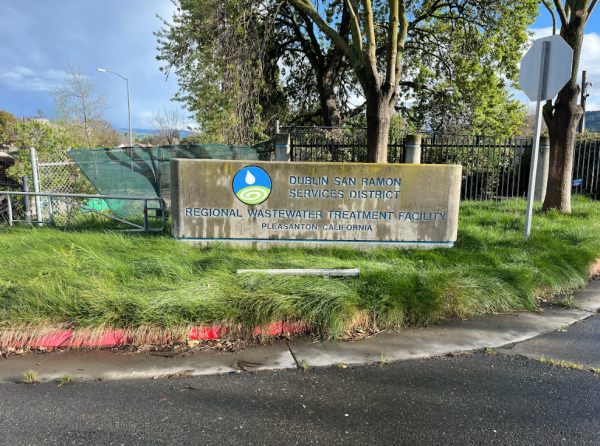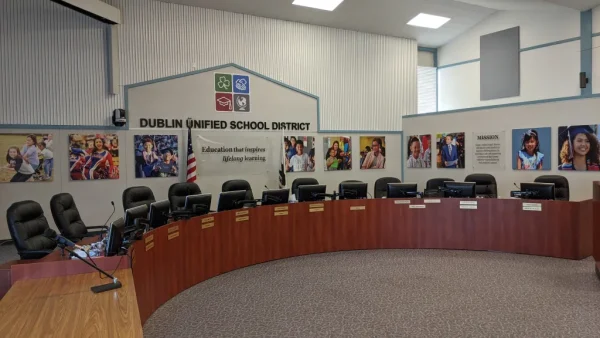Get to Know the New SAT
This March, high school students throughout the nation will be taking the redesigned version of the SAT. Although the existing version hasn’t been completely overhauled, there are some significant changes to the test starting this year.
Despite the fact that many colleges have made it optional to send in standardized test scores with an application, a record 1.7 million students took the SAT last year.
Here are 5 major changes to the test:
- Take a guess. There is no longer a penalty for guessing. So even if you’re unsure about a question, or running out of time, feel free to fill in a bubble.
- Ditch the flashcards. The new SAT focuses on more widely used vocabulary words and phrases. According to the College Board, “Some questions ask you to figure out a word’s meaning based on context. The words are ones that you will probably encounter in college or in the workplace long after test day.”
- A redesigned, optional essay. The new SAT essay will ask students to read and interpret a passage, particularly paying attention to how an author builds an argument to persuade an audience. This task is meant to “closely mirror college writing assignments because it is asking you to analyze how the author used evidence, reasoning, and stylistic and persuasive elements.” Not all school districts and colleges will require students to complete the essay, but it is highly recommended, according to Meg Caddeau, an expert at IvyWise and former associate Dean of Admission at Princeton and Amherst College.
- 1600 is the new perfect score. Previously, the composite score was reported from 600 to 2400. According to CNN, the scale “now ranges from 400 to 1600, and the essay score is reported separately.”
- Four options to choose from. Just like the ACT, the new SAT has four multiple-choice answers to choose from, instead of five. Also similar: the test “adds science-related passages throughout the test, but doesn’t make science its own section like the ACT does.” (CNN)
For anyone looking for practice: the creators of the SAT have partnered with Khan Academy, offering a free, personalized practice program for “every student to take ownership of their learning and their future”. To learn more, visit https://www.khanacademy.org/sat.
Your donation will support the student journalists of Dublin High School. Your contribution will allow us to purchase equipment and cover our annual website hosting costs.

Neha Harpanhalli is a junior at Dublin High School and the Senior Student Life Editor for the Dublin Shield. She is extremely passionate about reading...

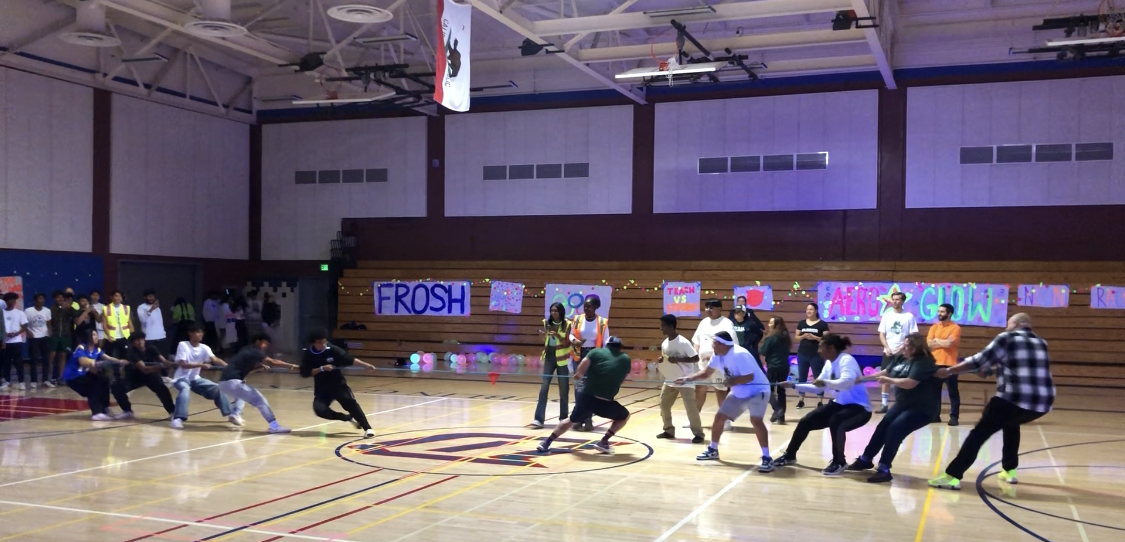

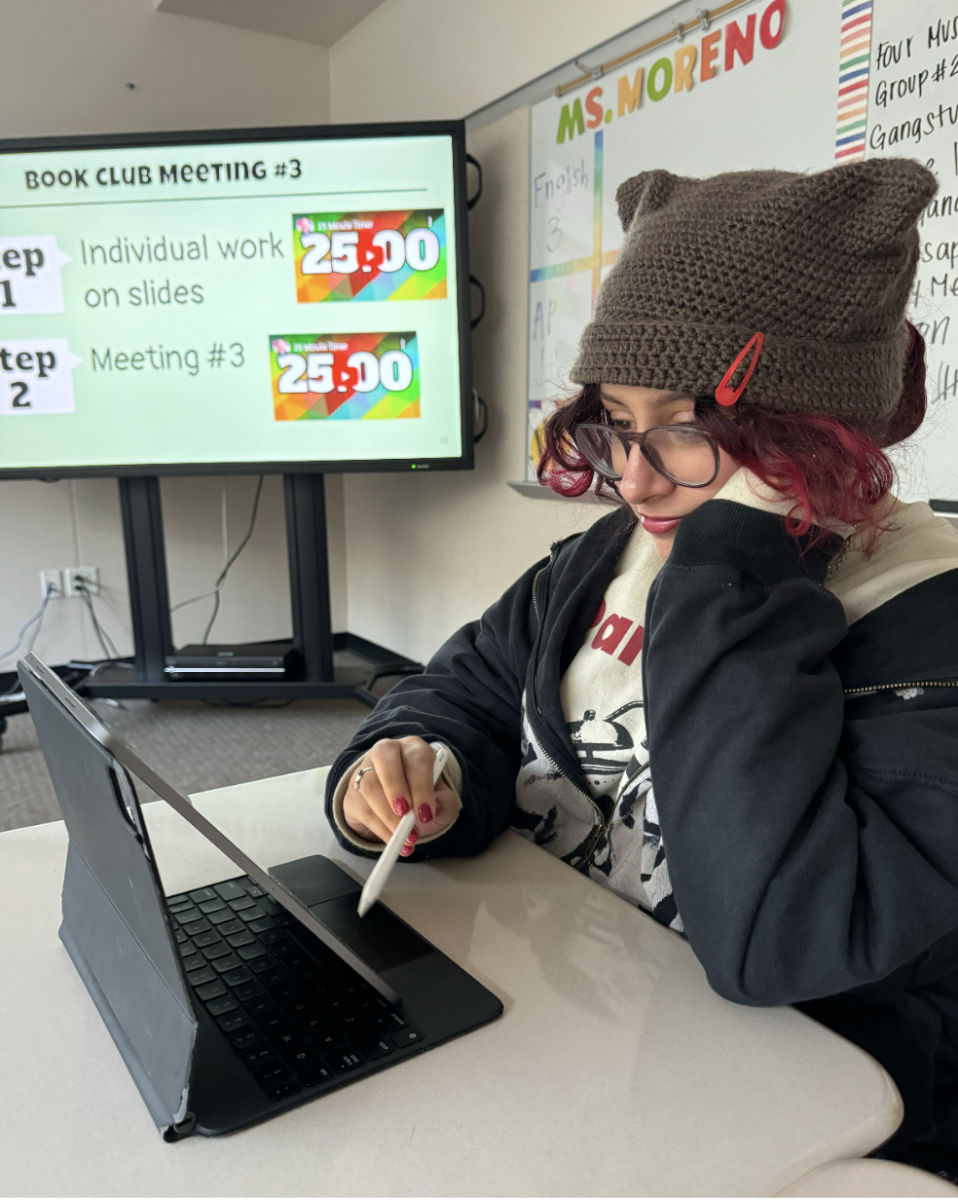
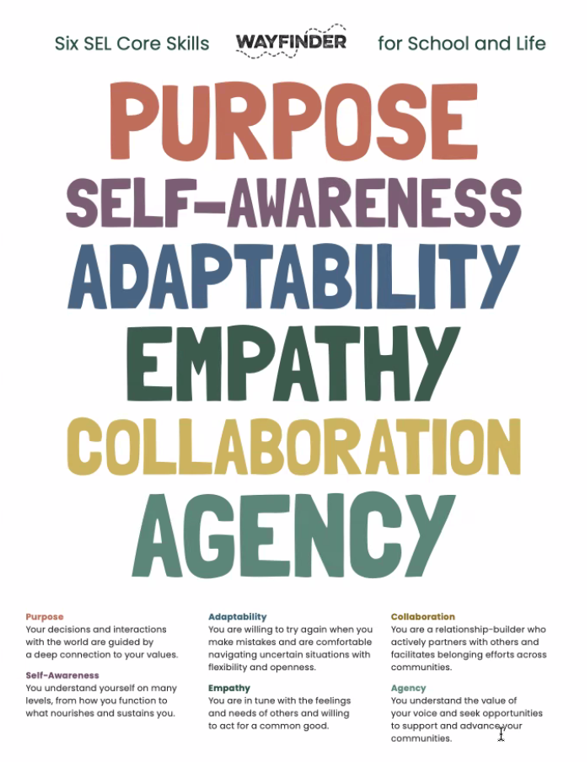




![[Book Review] Weapons of Math Destruction: The insidious danger of Big Data](https://thedublinshield.com/wp-content/uploads/2024/06/wmdsarticle-727x1200.jpg)



















